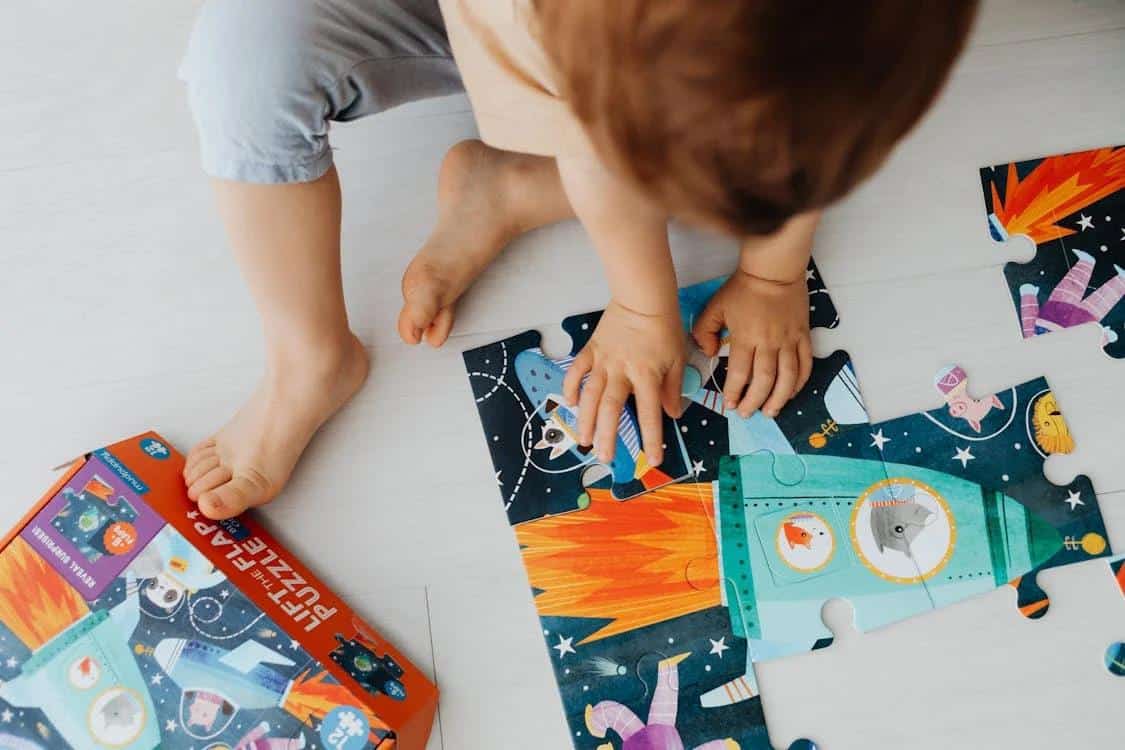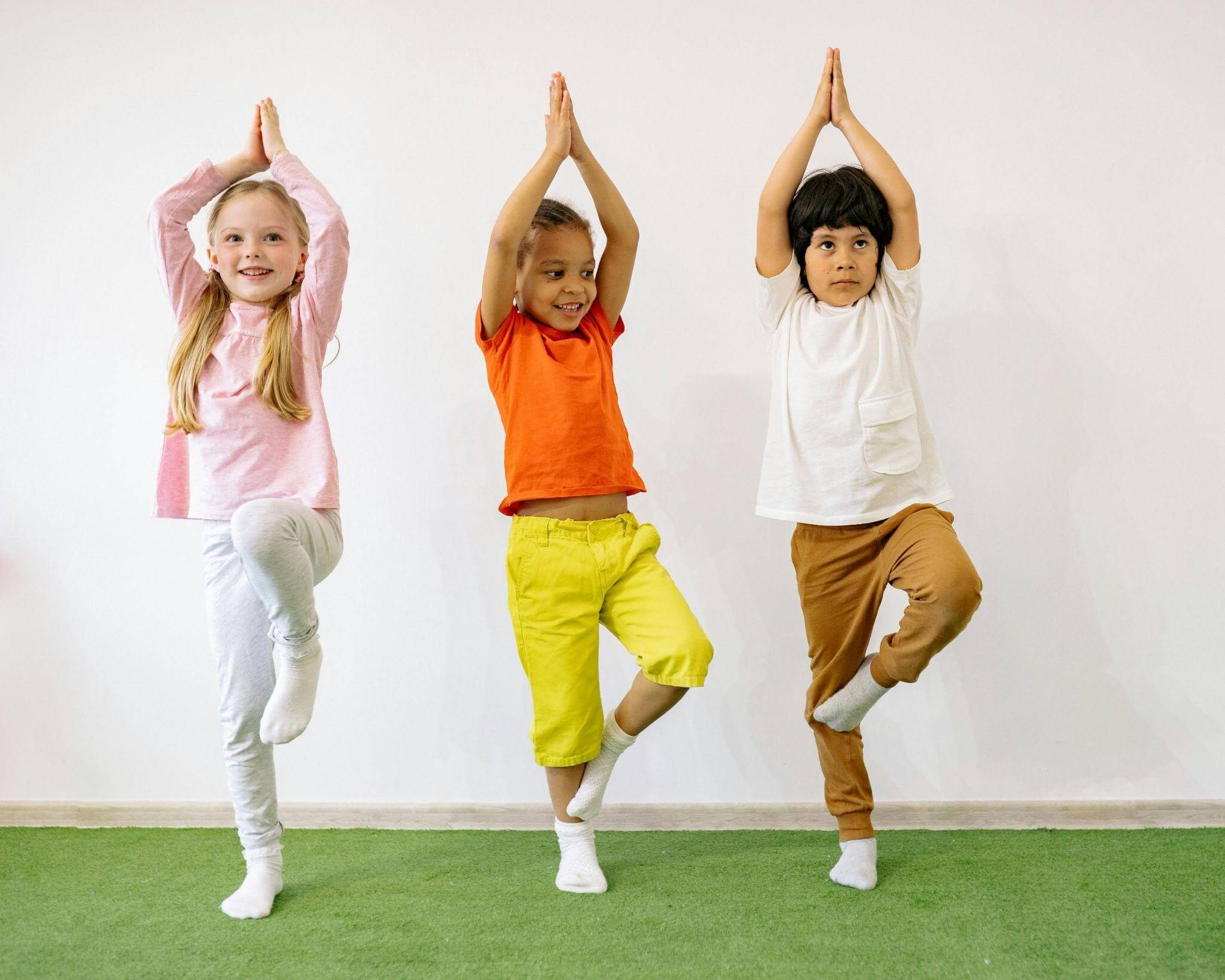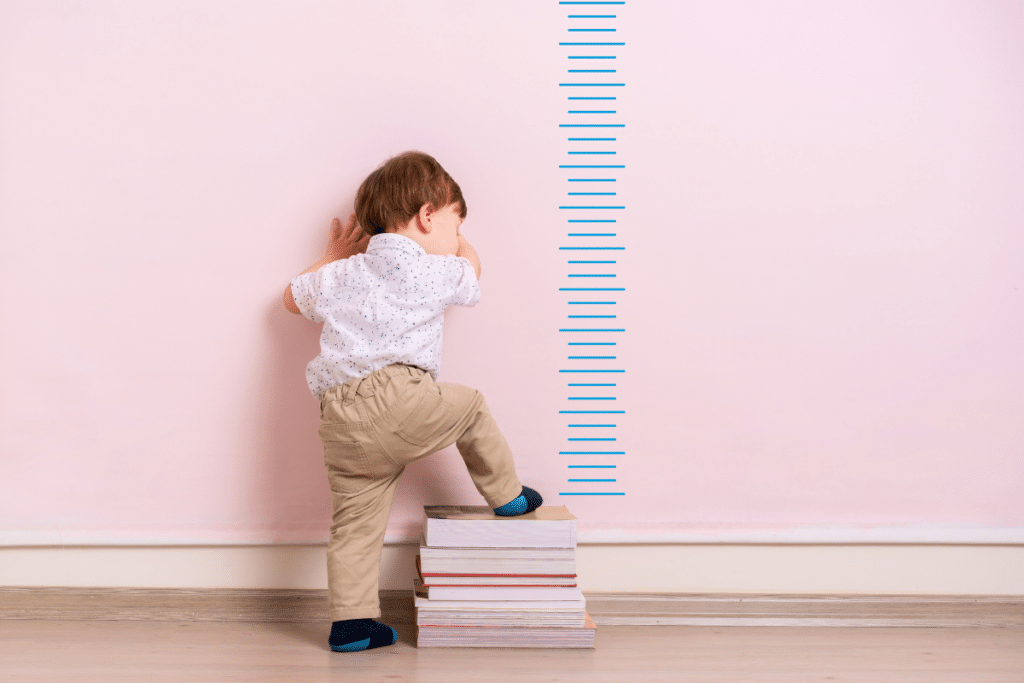
Understanding Child Development: 7 Things to Remember
Navigating the early years and understanding child development can be a whirlwind of joy and challenges. Here are seven essential things to keep in mind as you nurture and guide your child’s development.
1. Every Child Develops at Their Own Pace
Every child is unique, and so is their journey through development. It’s natural to wonder if your child is hitting milestones “on time,” but remember, there’s no one-size-fits-all for child development stages. Some children might start walking early, while others take their time to find their footing. The key is to celebrate your child’s individuality and understand that their pace is just right for them.
Children will excel in certain areas at their own pace. Maybe your child isn’t talking as much as their peers, but they might be incredibly observant or physically active. Embrace these differences, and let them unfold naturally without pressure.
2. Understanding the Different Domains of Development
Child development is a beautifully complex process that spans multiple domains—cognitive, social, emotional, and physical. Each of these areas plays a crucial role in your child’s overall growth and development. It’s like watching different pieces of a puzzle come together to form a complete picture of who they are becoming.
Cognitive development includes how your child learns and thinks, whether it’s figuring out how to stack blocks or understanding the concept of time. Social development involves how they interact with others, from making friends to sharing toys. Emotional development is about understanding and expressing their feelings, and physical development includes everything from running and jumping to holding a crayon.
Encourage activities that support all these domains. For example, reading a book together can enhance cognitive and language skills, while a playdate can boost social and emotional growth. Be present in these moments, and take the time to enjoy the process with your child.
3. Child Development Milestones Are Guidelines, Not Checklists
Developmental milestones offer a glimpse into the typical progression of a child’s growth, but they’re not rigid checklists. Your child may reach some milestones early and others later, and that’s perfectly okay. The journey of child development is a personal one, and each step forward is a triumph worth celebrating.
Milestones, such as the first smile, first word, or first step, are exciting markers of growth. However, it’s important to remember that these are guidelines, not deadlines. The goal is to support your child in their development, not to rush them through it.
4. The Role of Play in Development
Through play, children explore the world, build social connections, and develop critical skills like creativity, problem-solving, and motor coordination. Whether they’re building with blocks, pretending to be superheroes, or running outside, each type of play nurtures different areas of growth. As a parent, participating in their play not only enhances their experience but also strengthens your bond, making it a valuable part of their daily routine.
5. Early Emotional and Social Bonds Matter
The relationships your child forms early on lay the foundation for their emotional and social development. The love and security they feel from you, as their parent, provide the confidence they need to explore the world. These bonds are the bedrock upon which they build their sense of self and their ability to connect with others.
When you comfort your child after a fall or cheer them on as they try something new, you’re not just helping them in the moment—you’re teaching them about trust, empathy, and resilience.
6. Development Is a Lifelong Journey
Childhood development doesn’t stop at any particular age—it’s a continuous process that evolves as your child grows. The experiences and learning opportunities you provide now are the building blocks for their future. As they move from one developmental stage to the next, they carry the lessons, skills, and confidence they’ve gained along the way.
Just as you’re learning to navigate each new phase of parenting, your child is learning to navigate each new stage of their development. It’s a journey that you’re on together, with each phase bringing new joys and challenges.
7. Seek Professional Support
Sometimes, even with the best intentions and efforts, you might notice something that concerns you about your child’s development. It’s important to remember that seeking professional guidance isn’t a sign of failure—it’s a proactive step in supporting your child’s wellbeing. There are countless resources available to help you navigate this journey with confidence.
Regular check-ups with your paediatrician can provide peace of mind and offer valuable insights into your child’s development. If there are any delays or concerns, early intervention can make a significant difference.
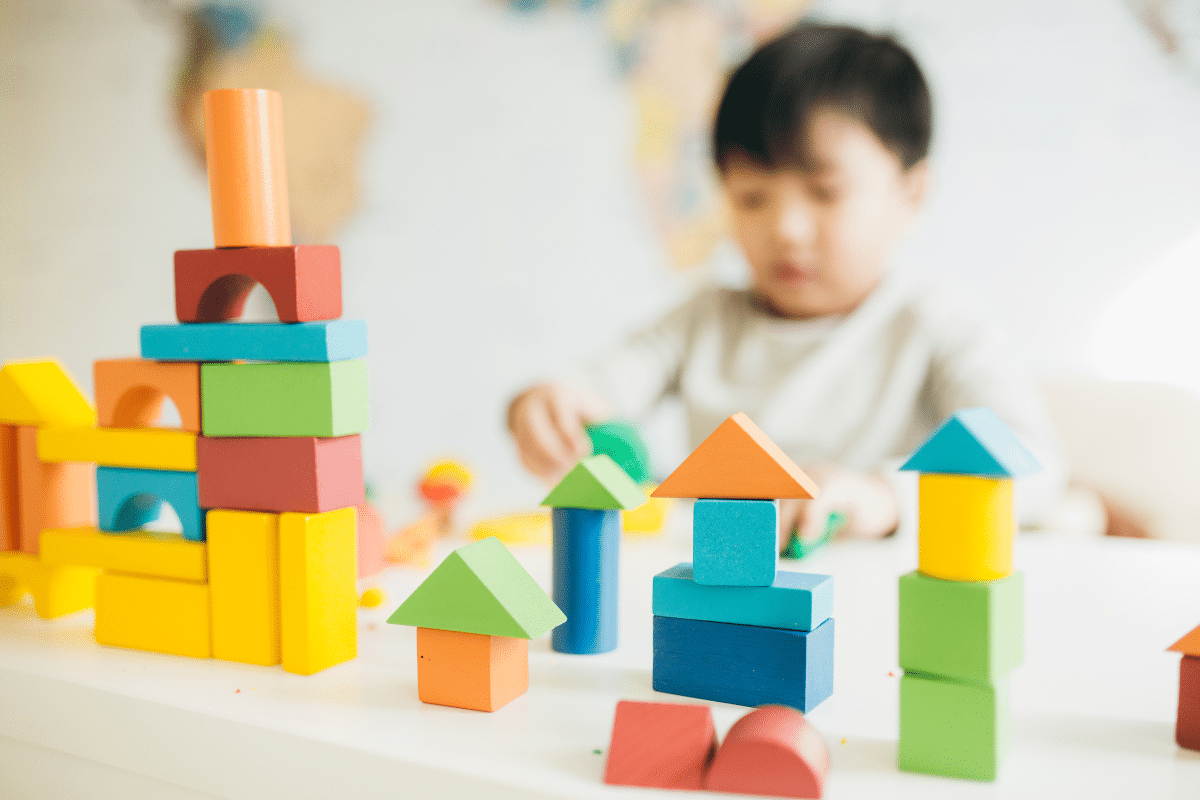
Key Developmental Milestones by Age Group
Understanding child development is key to providing the right support and activities that nurture a child’s growth and learning journey. Here are some key child development stages by age that can serve as a general guide:
Birth to 4 Months
- Cognitive: Smiles, coos, and begins to follow objects with their eyes.
- Motor: Lifts head and chest when lying on their stomach.
- Social/Emotional: Makes eye contact and responds to gentle touch.
4 to 8 Months
- Cognitive: Begins to explore objects with hands and mouth.
- Motor: Rolls from front to back and back to front, sits with support.
- Social/Emotional: Shows interest in faces and starts recognising familiar people.
8 to 12 Months
- Cognitive: Plays simple games like peek-a-boo, and understands “no.”
- Motor: Crawls, pulls up to stand, may take first steps.
- Social/Emotional: Shows anxiety when separated from parents, and enjoys playing with others.
1 to 2 Years
- Cognitive: Begins problem-solving, and explores cause and effect.
- Motor: Walks independently, begins to run, stacks blocks.
- Social/Emotional: Plays simple pretend games, and shows attachment to parents.
2 to 3 Years
- Cognitive: Engages in more complex pretend play, and begins to understand time.
- Motor: Climbs, runs, jumps with both feet, uses utensils.
- Social/Emotional: Begins cooperative play with peers, and shows a range of emotions.
3 to 5 Years
- Cognitive: Understands counting, and begins to recognise letters and numbers.
- Motor: Hops, skips, dresses and undresses with assistance.
- Social/Emotional: Plays well with others, starts to develop friendships, can express a wider range of emotions.
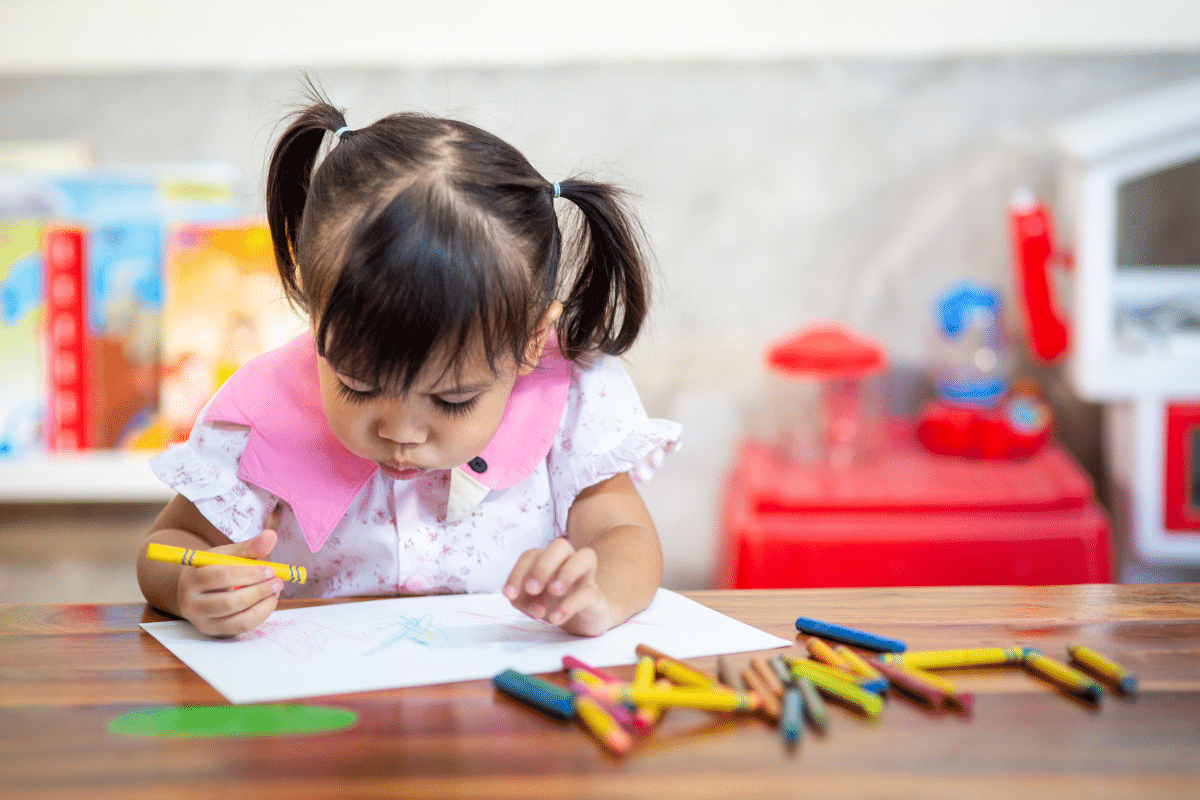
Partner with Shichida to Unlock Your Child’s Full Potential
Every child deserves the best start in life, and with our proven Shichida Method, we can help you become your child’s first and best teacher. The Shichida Method is a unique approach that emphasises the partnership between parents and children in the learning process. By engaging both you and your child in the same classroom, we create an environment where learning becomes a shared, enriching experience.
Our method is designed to foster not just academic skills but also emotional and social development, ensuring that your child grows into a well-rounded individual. With a focus on hands-on learning, creativity, and nurturing each child’s natural curiosity, the Shichida Method offers a holistic path to unlocking your child’s full potential.
We don’t just have fun; we guide parents to understand how to promote their child’s growth through meaningful activities that support learning and development. For parents, understanding child development unlocks insights into what children need at each stage, helping to shape confident, capable, and resilient individuals.
Book a trial today to join a program where you and your child can learn and grow together, setting the stage for a lifetime of success. Start your journey with us and watch your child’s talents and dreams flourish.
